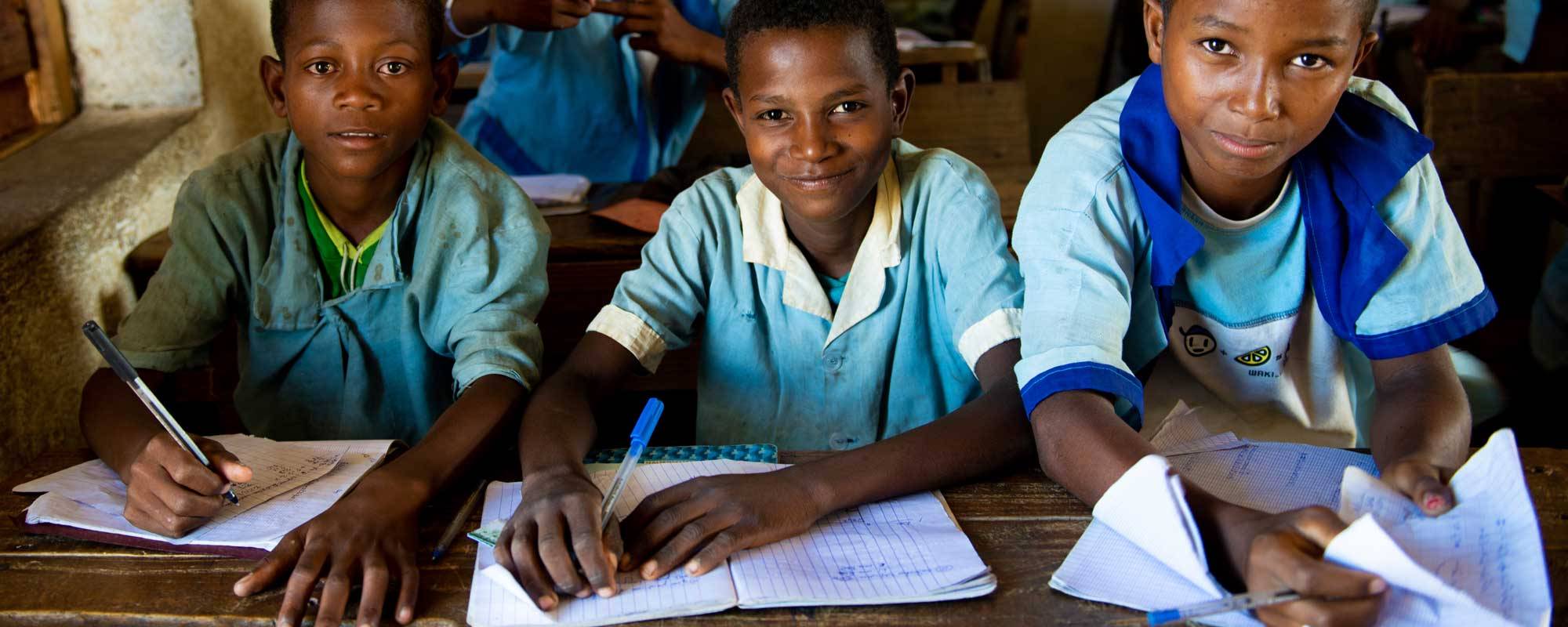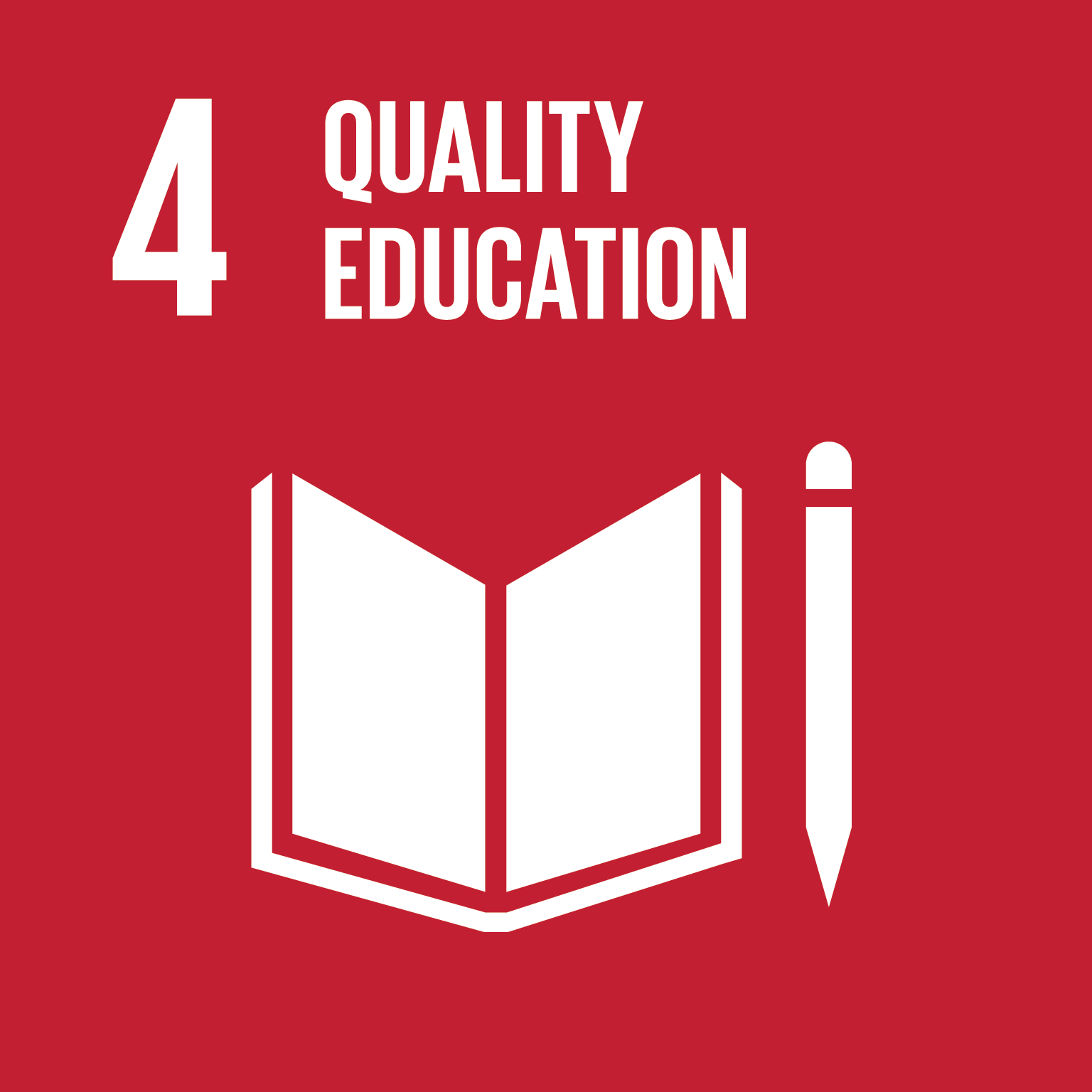Project Sekoly: Emagnevy
SEED Madagascar is currently fundraising £57,178 for a seven-month project that aims to improve health and education at a primary school in rural Madagascar. SEED will construct two fully-furnished classrooms, sanitation and hygiene facilities, a 10,000L rainwater harvesting system, and housing for teachers, whilst also repairing existing infrastructure.
Emagnevy Primary School, in the rural commune of Mahatalaky, has just five classrooms that are currently being used for 286 students and 12 teachers. This lack of classroom space means that over 60% (177) of students are able to attend only half days of school, with cramped conditions and broken benches resulting in distractions and further preventing learning.
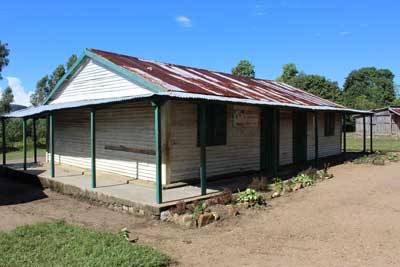
Help us fund this school
Of the £57,178 needed to fund this project, we've raised £35,800 so far. Can you help?
Education in Madagascar
The lack of educational infrastructure is a symptom of Madagascar’s severe underdevelopment; there are simply not enough classrooms in Madagascar to provide education for all children. Over 1,300,000 children of primary school age (60% of the age group) are not enrolled in school, and investment in school infrastructure is falling still.
School attendance is further prevented by the prevalence of illnesses stemming from poor water, sanitation, and hygiene (WASH) conditions, which kill 6,900 Malagasy children annually.
These challenges are amplified in the Anosy region where SEED operates. In this isolated and impoverished region, half of 6-10-year olds have never attended school . A staggering 97% of Anosy’s population lack access to basic sanitation – conditions that are compounded in the region’s under-resourced schools – compromising children’s right to high-quality education.
More than just a school
At SEED, we know it isn't enough to just build a school. In a region where just 3% of the population have access to basic sanitation, it's also essential to provide adequate sanitation facilities. At Emagnevy Primary School, we're going to build three new pit latrines for students, as well as repairing the existing latrines. We will also construct two handwashing stations equipped with behavioural nudges, and a menstrual hygiene management facility to ensure gender-equitable access to education. All 10 teachers will be given a three-day training workshop, preparing them to deliver an enhanced Water, Sanitation and Hygiene (WASH) curriculum, including information on using the menstrual hygiene management facility and creating reusable sanitary pads for female students.
To provide clean water for drinking and handwashing, SEED will install a 10,000 litre capacity rainwater harvesting system- enough to provide two months’ worth of clean drinking water without replenishment. We will also repair the existing well at the site, providing clean drinking water for the wider community.
SEED will construct a three-room teachers’ house and two sex-separated latrines, providing reliable housing for underpaid teachers who might otherwise face a four-hour journey to work. This on-site housing aims to minimise staff absenteeism, attract high-quality teachers, and support their livelihoods.
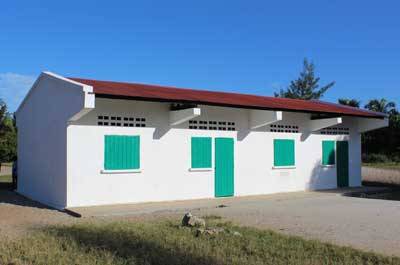
A previous school built by SEED
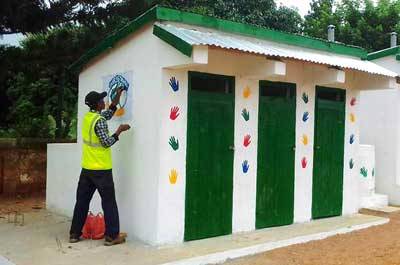
Painting handwashing nudges on a latrine block.
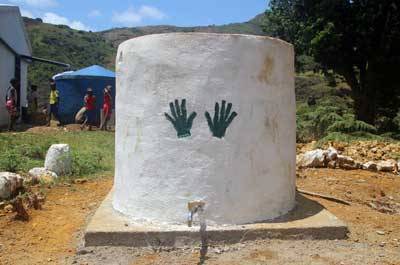
Handwashing station at another SEED school.
Carbon offsetting and our environmental responsibility
SEED recognises there are unavoidable carbon dioxide emissions caused by the production and transportation of materials required during school construction. Emagnevy School marks SEED’s first initiative to mitigate the carbon footprint of a Project Sekoly school build. Calculated at 65,046kgCO²e, the carbon footprint of Project Sekoly: Emagnevy can be offset through the planting of 325 trees, which will take 10 years, ensuring that these trees remain standing.
SEED has worked with Emagnevy School to acquire community land for the carbon offset plantation. To ensure the sustainability of the scheme, trees will be planted across two plantations, one to offset the carbon footprint of the school and one for sustainable community resource use. The establishment, monitoring, and management of the plantation will be conducted in partnership with Emagnevy School to develop local ownership of the scheme, building capacity for effective and sustainable community management in the future.
SEED is committed to ensuring its carbon offsetting schemes are accountable and transparent long-term. SEED believes that by planting trees to address local resource demand, trees planted to offset the school build will be better protected to grow and sequester carbon.
Sponsor a school!
At SEED, we work with businesses who want to deliver positive change in a reliable, transparent and sustainable way. By partnering with us, your aspirations for positive change can become a reality in one of the poorest and most climate-threatened nations in the world, contributing directly to the UN’s Sustainable Development Goals and your Corporate Social Responsibility agenda.
Find out more about CSR and how we can work together